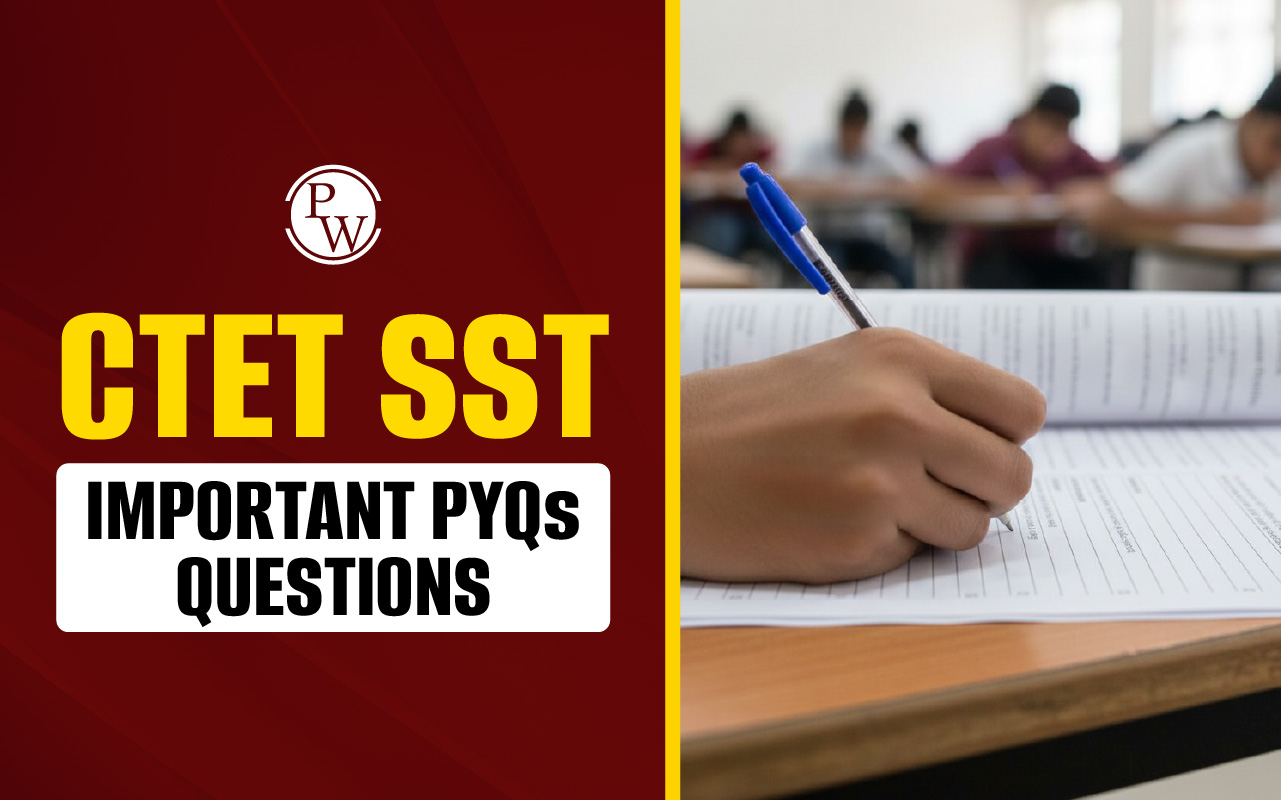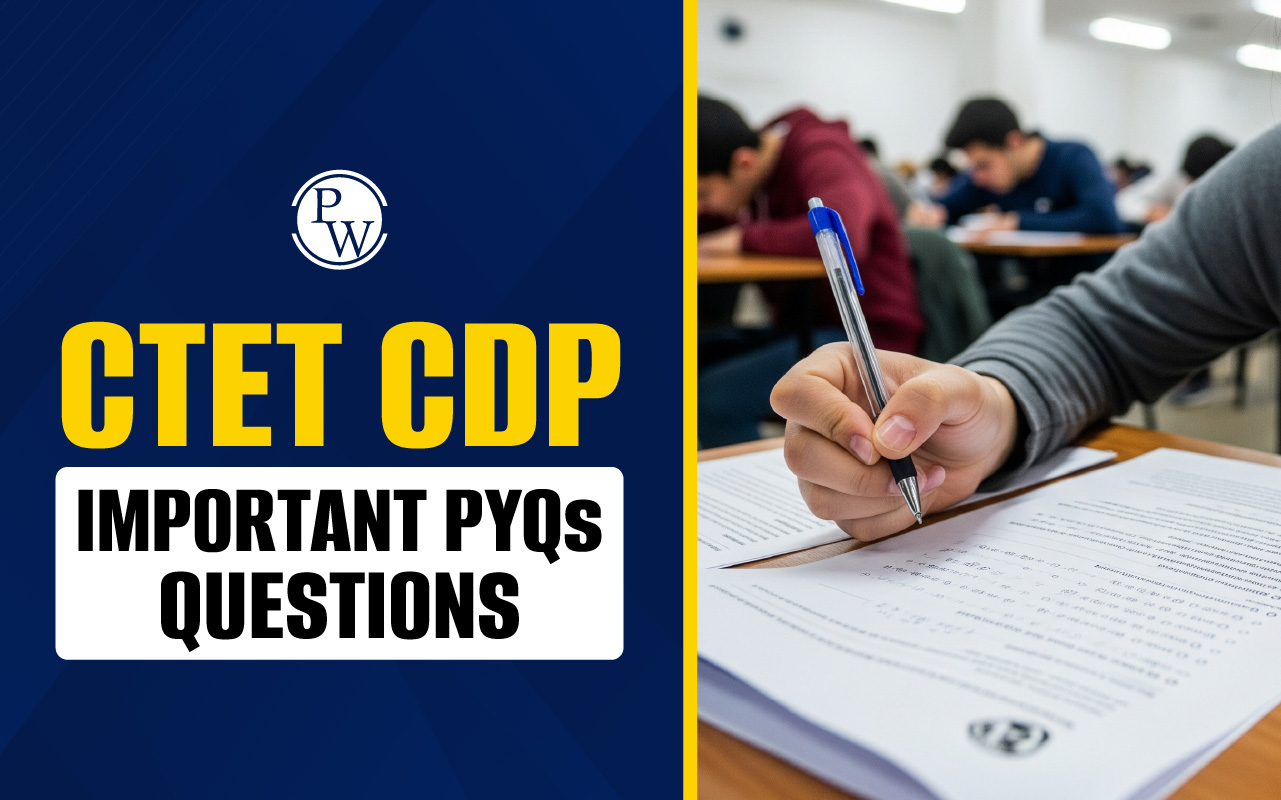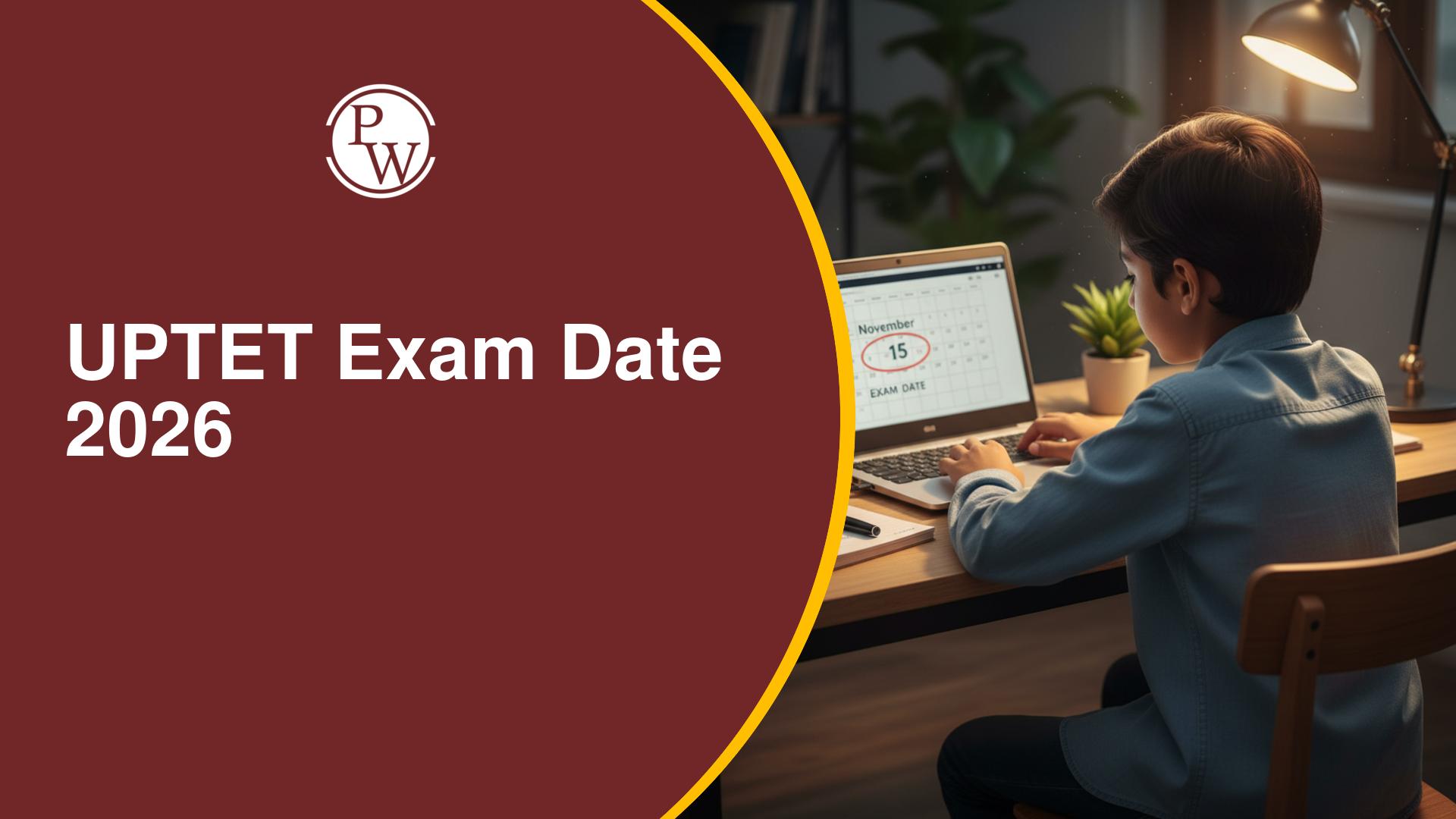
KVS vs. NVS Exam - Which One Should You Choose: Choosing the right teaching exam is crucial for aspiring educators. Among the top choices, the KVS (Kendriya Vidyalaya Sangathan) and NVS (Navodaya Vidyalaya Samiti) exams are well-known for offering prestigious teaching opportunities in India. If you're wondering, KVS vs. NVS Exam - Which One Should You Choose?, Check here for the key differences, similarities, and guidance on making the best decision based on your career goals.
What is the KVS Exam?
The KVS Exam is held to hire teachers for Kendriya Vidyalayas, a group of schools run by the Ministry of Education, Government of India. These schools offer a uniform education system, mainly for the children of Central Government employees.Key Highlights of the KVS Exam:
Here are the key highlights of the KVS Recruitment 2024 exam that you should know before applying:- Recruitment Levels : Includes PRT (Primary), TGT (Trained Graduate), and PGT (Post Graduate) teachers.
- Eligibility : Candidates need relevant qualifications like B.Ed. and CTET certifications.
- Subjects : Offers opportunities in subjects like Hindi, English, Mathematics, Science, Social Science, and more.
- Exam Pattern : Typically includes General Knowledge, Reasoning, Subject Knowledge, and Pedagogy.
- Growth Opportunities : Teachers in KVS enjoy promotions, better salaries, and job security.
What is the NVS Exam?
The NVS Exam hires teachers for Jawahar Navodaya Vidyalayas (JNVs), which are residential schools that focus on helping talented students from rural areas. These schools are also managed by the Ministry of Education and aim to provide quality education to rural children.Key Highlights of the NVS Exam:
Here are the key highlights of the NVS Recruitment 2024 exam that you should know before applying:- Recruitment Levels : Includes PGT, TGT, and various non-teaching staff positions.
- Eligibility : Similar to KVS, candidates require B.Ed., CTET, and relevant qualifications.
- Residential Schools : Teachers live on campus, making it a fully immersive environment.
- Subjects : Includes both academic and vocational subjects, catering to diverse needs.
- Growth Opportunities : Excellent for those passionate about rural education and holistic development.
Comparison between KVS vs. NVS Exam
Candidates preparing for teaching exams often compare the KVS (Kendriya Vidyalaya Sangathan) and NVS (Navodaya Vidyalaya Samiti) exams to choose the best fit for their career goals. Understanding the main differences between these two well-known exams can help you make the right decision. Here's a simple comparison:| Comparison between KVS vs. NVS Exam | ||
| Feature | KVS (Kendriya Vidyalayas) | NVS (Navodaya Vidyalayas) |
| School Type | Day schools, where students attend regular classes and leave for home daily. | Residential schools, where both students and teachers live on campus. |
| Work Environment | Candidates in KVS work standard 8-hour school days, focusing only on academic responsibilities. | Candidates in NVS are involved in 24/7 residential duties, balancing teaching and pastoral care. |
| Students | Primarily cater to children of Central Government employees, providing a CBSE-based curriculum. | Serve rural and talented students, aiming to nurture their academic and personal potential. |
| Teacher’s Role | Focuses on classroom teaching, academic mentoring, and curriculum delivery. | Includes teaching, mentoring, and overseeing students’ holistic development in a residential setting. |
| Growth Opportunities | Offers structured promotions, attractive pay scales, and a balanced work-life environment. | Provides excellent career growth but demands higher responsibilities due to the residential setup. |
Benefits of Choosing the KVS Exam
The KVS Exam is a great option for those looking for a stable and fulfilling teaching career. It provides many benefits that support both career growth and personal well-being. Here are the main advantages of choosing KVS:- Better Work-Life Balance: KVS offers a set schedule with fixed school hours, helping teachers balance work and personal life. This allows more time for family and personal activities.
- Urban Locations: Kendriya Vidyalayas are mostly located in cities and towns, which is ideal for those who prefer living in urban areas. Teachers enjoy access to modern amenities, better transport, and more opportunities outside work.
- Standardized Curriculum: KVS follows the CBSE curriculum, ensuring the same teaching standard across all schools. This makes lesson planning easier and helps maintain high educational quality, with clear guidelines and resources.
- Attractive Salary Packages: Teachers in KVS enjoy competitive salaries, along with allowances like housing rent (HRA), dearness (DA), and transport. These perks make KVS a financially rewarding choice.
Benefits of Choosing the NVS Exam
The NVS Exam offers a great opportunity for those who want to make a real difference in students’ lives. Working at Navodaya Vidyalayas comes with several unique benefits. Here’s why choosing NVS could be a life-changing decision:- A Well-Rounded Teaching Role: In NVS, teachers do more than just teach. They help students grow personally and develop good character. This involvement creates strong bonds with students, making the teaching experience truly fulfilling.
- Residential Benefits: NVS provides free housing, meals, and utilities for teachers, which helps reduce living costs. This makes teachers' lives easier, allowing them to focus on their work without worrying about expenses.
- Making a Difference in Rural Areas: NVS schools are mostly in rural areas, giving teachers the chance to educate talented students from less privileged backgrounds. Teachers play an important role in helping these students access quality education and shape their futures.
- Creating a Strong Community: Living and working together in a residential school builds a close community among teachers, staff, and students. This supportive environment fosters teamwork and helps teachers form lasting relationships while working towards common goals.
Factors to Consider When Choosing Between KVS and NVS
Choosing between the KVS (Kendriya Vidyalaya Sangathan) and NVS (Navodaya Vidyalaya Samiti) exams involves thinking about factors that will impact your career and lifestyle. Here’s a simple comparison to help you make the right choice:Work Environment
One of the first things to consider is the type of work environment you prefer.- KVS schools are day schools, so teachers work during regular school hours and have the evenings free for personal activities.
- NVS schools are residential, meaning teachers live on campus. This means teachers also help guide and take care of students after school hours.
Location
The location of the schools plays a significant role in your daily life.- KVS schools are usually in cities, so teachers have easy access to things like transportation, healthcare, and entertainment.
- NVS schools are located in rural areas, providing a peaceful environment, but there are fewer city conveniences.
Additional Responsibilities
The responsibilities differ in both teaching environments:- KVS teachers mainly focus on teaching and handling classroom activities during school hours.
- NVS teachers not only teach but also look after students' well-being and help with extracurricular activities, requiring them to be more involved with students throughout the day.
Career Goals
Your long-term career goals and lifestyle preferences should heavily influence your decision:- If you prefer a structured work-life balance with fixed hours and an urban location, KVS could be a better fit for you.
- If you care about helping students grow in all areas and enjoy being part of a close community while making a difference in rural education, NVS could be the right fit.
Why is it Important to Choose Wisely?
Both KVS and NVS offer excellent opportunities for teachers, but they cater to different aspirations and lifestyles. While KVS emphasizes a structured teaching role in urban settings, NVS focuses on a comprehensive teaching and mentoring role in rural areas. Making the right decision is important for:- Job Satisfaction: Ensuring the role aligns with your interests and strengths.
- Professional Growth: Picking the environment that best supports your career goals.
- Work-Life Balance: Choosing a setup that complements your personal lifestyle.
KVS vs. NVS Exam - Which One Should You Choose FAQs
What is the KVS Exam?
The KVS (Kendriya Vidyalaya Sangathan) Exam recruits teachers for Kendriya Vidyalayas, which are schools for the children of Central Government employees. It includes exams for Primary (PRT), Trained Graduate (TGT), and Post Graduate (PGT) teachers.
What is the NVS Exam?
The NVS (Navodaya Vidyalaya Samiti) Exam is for recruiting teachers to Jawahar Navodaya Vidyalayas. These are residential schools that focus on providing education to gifted students, mainly from rural areas.
What is the difference between KVS and NVS schools?
KVS schools are day schools, where students attend classes during the day and return home in the evening. NVS schools are residential, meaning both students and teachers live on the campus.
What are the work hours like for KVS and NVS teachers?
KVS teachers typically work 8-hour shifts during the school day. NVS teachers work longer hours since they also have responsibilities beyond teaching, like mentoring and overseeing students in the evening and on weekends.
What are the growth opportunities in KVS and NVS?
Both KVS and NVS offer career growth, but KVS provides a more structured environment with clearer promotion policies. NVS offers excellent growth but with additional responsibilities due to its residential setup.
Talk to a counsellorHave doubts? Our support team will be happy to assist you!

Check out these Related Articles
Free Learning Resources
PW Books
Notes (Class 10-12)
PW Study Materials
Notes (Class 6-9)
Ncert Solutions
Govt Exams
Class 6th to 12th Online Courses
Govt Job Exams Courses
UPSC Coaching
Defence Exam Coaching
Gate Exam Coaching
Other Exams
Know about Physics Wallah
Physics Wallah is an Indian edtech platform that provides accessible & comprehensive learning experiences to students from Class 6th to postgraduate level. We also provide extensive NCERT solutions, sample paper, NEET, JEE Mains, BITSAT previous year papers & more such resources to students. Physics Wallah also caters to over 3.5 million registered students and over 78 lakh+ Youtube subscribers with 4.8 rating on its app.
We Stand Out because
We provide students with intensive courses with India’s qualified & experienced faculties & mentors. PW strives to make the learning experience comprehensive and accessible for students of all sections of society. We believe in empowering every single student who couldn't dream of a good career in engineering and medical field earlier.
Our Key Focus Areas
Physics Wallah's main focus is to make the learning experience as economical as possible for all students. With our affordable courses like Lakshya, Udaan and Arjuna and many others, we have been able to provide a platform for lakhs of aspirants. From providing Chemistry, Maths, Physics formula to giving e-books of eminent authors like RD Sharma, RS Aggarwal and Lakhmir Singh, PW focuses on every single student's need for preparation.
What Makes Us Different
Physics Wallah strives to develop a comprehensive pedagogical structure for students, where they get a state-of-the-art learning experience with study material and resources. Apart from catering students preparing for JEE Mains and NEET, PW also provides study material for each state board like Uttar Pradesh, Bihar, and others
Copyright © 2026 Physicswallah Limited All rights reserved.









